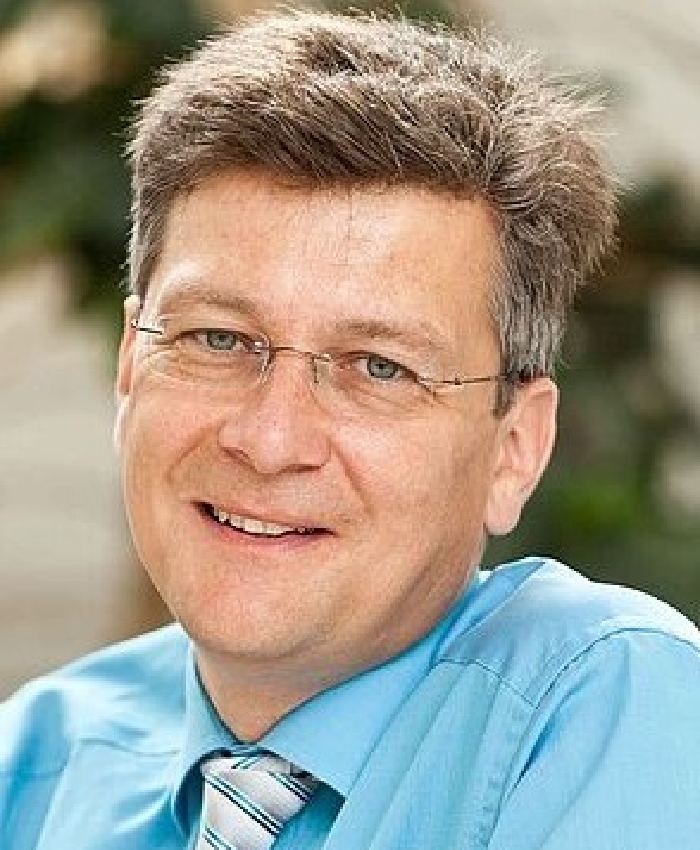With 70% of the world’s population living in cities by 2050, urban sustainability continues to be a key challenge for global climate action. Cities are major contributors to greenhouse gas (GHG) emissions, but with accurate data and effective policies, they can also be the driving force behind significant emissions reductions.
The project “Constraining Vienna’s Carbon Footprint” (CVCF), led by ECH member Andreas Stohl from the University of Vienna, is developing innovative methods to accurately measure and reduce the carbon emissions of urban areas. Using advanced tools such as atmospheric observations and isotopic analysis, the CVCF project aims to provide precise data on CO2 and methane emissions, which is essential for effective policy-making.
Innovative Measurement and Modeling Techniques
Building on the existing Vienna Urban Carbon Laboratory (VUCL), CVCF will continue research at a city-center station while adding a new observation point in the Vienna Woods. A key part of the project is the development of a novel clumped-isotope method, which will help distinguish between emissions from traffic and natural CO2 sources. This will enhance the understanding of urban emissions and provide a clearer picture of the city’s carbon footprint.
In addition, CVCF will integrate atmospheric transport modeling to combine flux measurements with broader atmospheric data, creating a cutting-edge inverse modeling framework. This new approach will allow for more accurate estimates of urban emissions and improve consistency with larger-scale national or regional GHG inventories.
A Global Model for Cities
Though Vienna is the focus, the methodologies developed by CVCF will be valuable for cities worldwide. These insights will help cities track their progress, refine mitigation strategies, and meet their net-zero targets more effectively.
The project, which involves partners such as the Austrian Environment Agency (Umweltbundesamt GmbH) and the University of Natural Resources and Life Sciences (BOKU), is funded by WWTF and runs from February 2025 to September 2028. The results of this research will set new standards for urban GHG monitoring and contribute to global efforts to combat climate change.

Andreas Stohl is Director of the Department of Meteorology and Geophysics at the University of Vienna and member of the Management Board of the Environment and Climate Research Hub. His research focuses on atmospheric transport processes and the development of transport models, which has led him to also work at the Technical University of Munich, the University of Colorado and NILU, the Norwegian Institute for Air Research.
